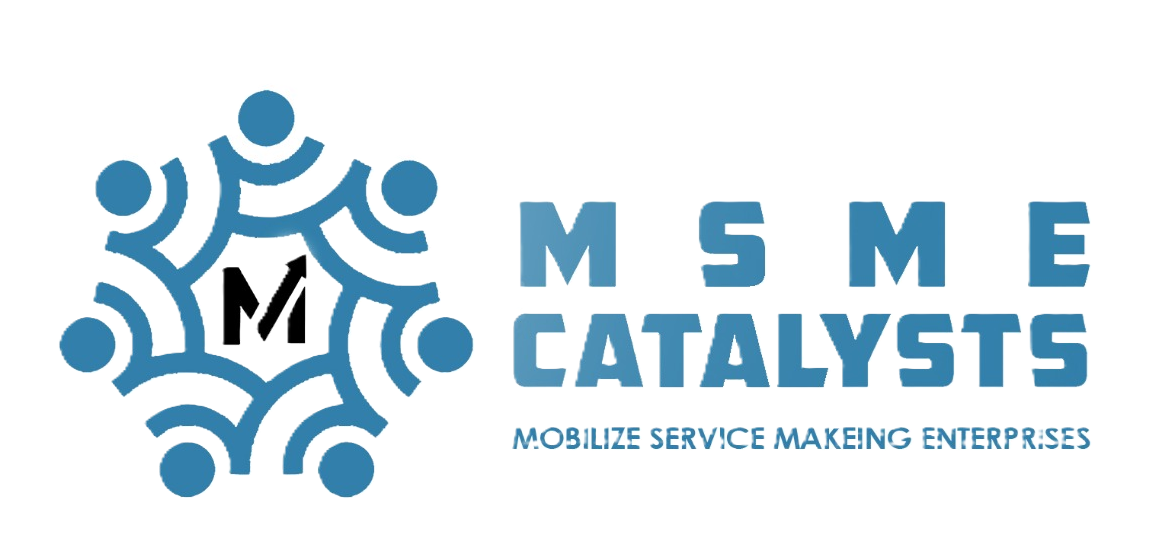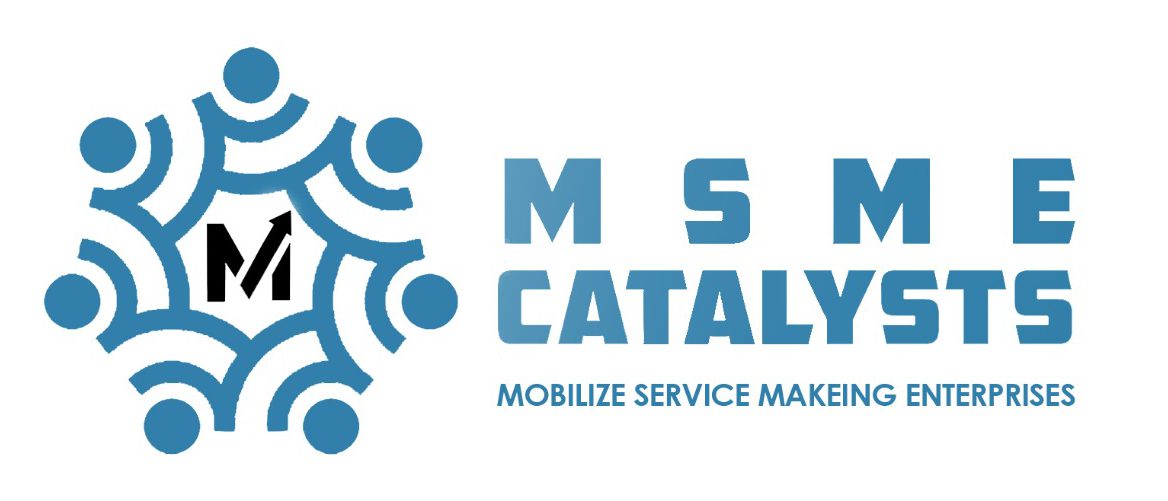Subtotal $0.00

he Government of India provides various loan assistance programs to support businesses, individuals, and specific sectors such as agriculture, education, small businesses, and more. These schemes are aimed at encouraging entrepreneurship, improving access to finance, and supporting economic growth. Below are some popular government loan schemes across different sectors:
1. Mudra Loan (Micro Units Development and Refinance Agency Ltd.)
The MUDRA Yojana offers financial support to micro and small enterprises, particularly in the non-corporate sector. Under this scheme, loans are provided by public and private sector banks, regional rural banks (RRBs), and NBFCs.
- Shishu: Loans up to ₹50,000 for small startups or businesses in the early stages.
- Kishor: Loans ranging from ₹50,001 to ₹5 lakh for growing businesses.
- Tarun: Loans ranging from ₹5 lakh to ₹10 lakh for well-established businesses.
Eligibility: Any Indian citizen or enterprise looking to start or expand a business in the manufacturing, trading, or service sectors, excluding farm-related businesses.
2. Stand-Up India Scheme
This scheme aims to support women entrepreneurs and SC/ST individuals in setting up businesses. It provides loans between ₹10 lakh and ₹1 crore to at least one woman and one SC/ST borrower from each bank branch.
- Objective: Promote entrepreneurship among women and marginalized communities.
- Eligibility: SC/ST or women entrepreneurs above 18 years, looking to set up new enterprises in the manufacturing, trading, or services sectors.
3. Pradhan Mantri Awas Yojana (PMAY) – Credit Linked Subsidy Scheme (CLSS)
This scheme offers home loans to economically weaker sections, low-income groups, and middle-income groups at subsidized interest rates.
- Subsidy: Interest subsidy ranging from 3-6.5% on home loans.
- Eligibility: Individuals from economically weaker sections (EWS), low-income group (LIG), and middle-income groups (MIG-I & MIG-II) who are first-time home buyers.
4. Pradhan Mantri Mudra Yojana (PMMY)
Under this scheme, loans of up to ₹10 lakh are provided to non-corporate and non-farm small/micro enterprises. MUDRA (Micro Units Development & Refinance Agency Ltd.) finances these loans through banks, MFIs, and NBFCs.
- Shishu Loan: For businesses seeking loans up to ₹50,000.
- Kishor Loan: Loans between ₹50,000 to ₹5 lakh.
- Tarun Loan: Loans between ₹5 lakh to ₹10 lakh.
5. Pradhan Mantri Kaushal Vikas Yojana (PMKVY)
The PMKVY is primarily a skill development program, but certain parts of the scheme provide financial assistance to youth trained in various skill sets to help them start businesses.
- Objective: Empower young Indians by providing them skills, training, and financing options for entrepreneurship.
- Eligibility: Skilled individuals who are trained under PMKVY programs.
6. CGTMSE (Credit Guarantee Fund Trust for Micro and Small Enterprises)
This scheme offers collateral-free loans to micro and small enterprises (MSEs). It provides a guarantee cover for loan amounts of up to ₹2 crore to help businesses access formal credit.
- Eligibility: New and existing micro and small enterprises.
- Loan Amount: Up to ₹2 crore without collateral.
7. Pradhan Mantri Employment Generation Programme (PMEGP)
The PMEGP is designed to provide loans for starting new manufacturing and service units in rural and urban areas. It provides up to 35% government subsidy for rural projects and up to 25% for urban projects.
- Objective: Promote employment and entrepreneurship.
- Eligibility: Entrepreneurs above 18 years of age, especially first-time entrepreneurs, can apply.
8. National Small Industries Corporation (NSIC) Subsidy
NSIC provides loans and subsidies to small businesses through its various programs. It provides raw material assistance, financing for marketing, and credit support to MSMEs.
- Objective: Support MSMEs in obtaining financing for business growth.
- Eligibility: Small and medium enterprises, as well as startups.
9. Atal Pension Yojana (APY)
While not a loan, APY provides financial security to individuals working in unorganized sectors by offering a guaranteed pension after 60 years of age.
- Objective: Ensure retirement savings for workers in unorganized sectors.
- Eligibility: Indian citizens between 18 and 40 years of age.
10. Kisan Credit Card (KCC) Scheme
The Kisan Credit Card scheme offers short-term credit to farmers to meet their agricultural needs, such as purchasing seeds, fertilizers, and pesticides.
- Loan Amount: Based on the farmer’s needs and the scale of production.
- Eligibility: Farmers engaged in crop production, animal husbandry, and fisheries can apply.
11. Startup India Initiative
This initiative provides loans and incentives for innovative startups in India. Under this, startups can access funding from government-backed programs such as the Fund of Funds for startups and the SIDBI (Small Industries Development Bank of India) programs.
- Objective: Promote innovation and entrepreneurship among young Indians.
- Eligibility: Indian startups that are innovative, scalable, and registered with the Department for Promotion of Industry and Internal Trade (DPIIT).
12. Education Loan Schemes
Various government and private banks offer education loans under the Government of India’s initiatives to support students pursuing higher education in India and abroad.
- Subsidies: Students from economically weaker sections can get subsidized loans under schemes like the Padho Pardesh Scheme or Dr. Ambedkar Central Sector Scheme.
How to Apply for Government Loans:
- Choose the Appropriate Scheme: Understand your business or personal need and choose a suitable government loan scheme based on eligibility and loan amount.
- Visit the Official Portal:
- Most government loan schemes can be applied for through respective government portals or directly at bank branches and financial institutions. For example:
- Mudra Loans: https://www.mudra.org.in
- Stand-Up India: https://www.standupmitra.in
- PMEGP: https://www.kviconline.gov.in/pmegpeportal
- Most government loan schemes can be applied for through respective government portals or directly at bank branches and financial institutions. For example:
- Documentation: Ensure you have all the required documents, such as identity proof, business plans, financial statements, and other necessary details, before submitting the application.
- Bank Assistance: Visit your nearest bank branch, as many government loan schemes are disbursed through public and private sector banks. The bank can guide you on the application process and eligibility.
Key Benefits of Government Loan Schemes:
- Easy Accessibility: Simplified loan processing and access to funds, especially for small businesses and underprivileged sectors.
- Collateral-Free Loans: Many schemes, like Mudra and CGTMSE, offer loans without the need for collateral.
- Subsidies and Lower Interest Rates: Government schemes often provide subsidized interest rates, making loans more affordable.
- Encouraging Entrepreneurship: The government supports new businesses and job creation through various financial assistance programs.

